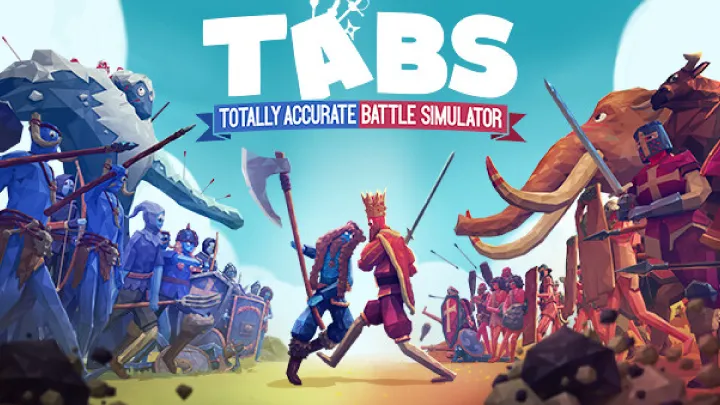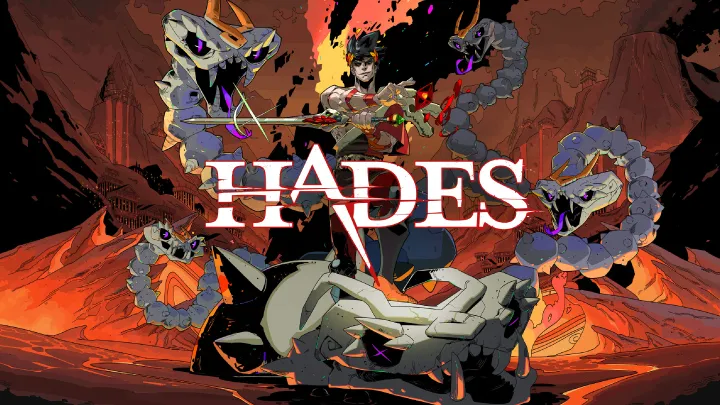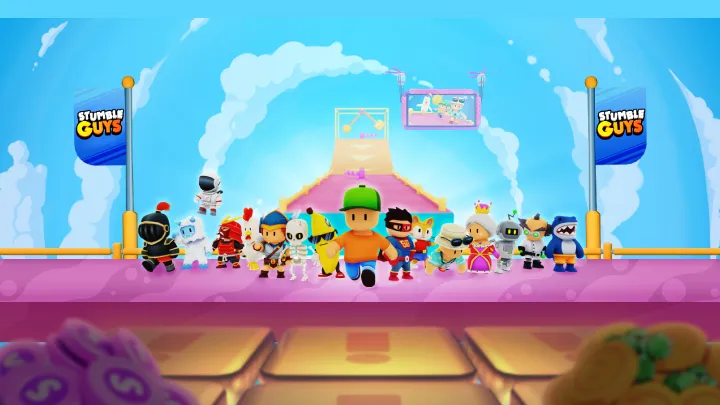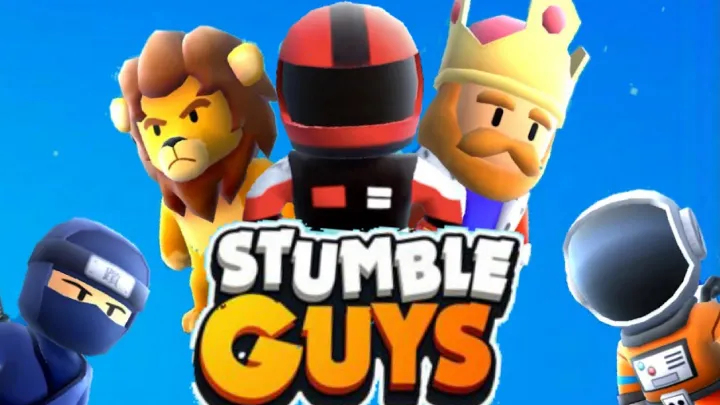Introduction
Guilty as Sock! is not your ordinary courtroom game. Instead of judges in robes and lawyers citing precedents, it thrusts players into absurd trials where socks, sandwiches, and sometimes chickens stand accused of crimes. Beneath the comedy lies a fascinating issue: how humor-driven unpredictability shapes trial mechanics and challenges the player’s sense of justice. At first, this is hilarious. But over time, players wrestle with the same question: when the system is designed to be absurd, can fairness and logic ever exist? This article explores the problem of fairness in Guilty as Sock!—how its wacky humor collides with decision-making, and what that says about games that mix comedy with responsibility.
The First Encounter with Absurd Trials
For new players, the opening trials are a spectacle. You walk into a courtroom expecting rules, but instead, witnesses are nonsensical, evidence is ridiculous, and verdicts rarely follow reason. The very first trial may involve deciding if a sock is guilty of stealing laundry detergent, and players quickly realize that comedy, not logic, drives the proceedings.
At this stage, the lack of fairness doesn’t bother anyone. In fact, it feels refreshing. Guilty as Sock! is marketed as a parody of legal dramas, and its charm lies in turning expectations upside down. Yet even in these early moments, players notice the cracks: when humor becomes the sole determinant, choices feel weightless.
When Humor Becomes the Law
As trials progress, it becomes clear that the entire legal system in Guilty as Sock! is built on comedy rather than rules. Testimonies contradict each other on purpose, evidence often makes no sense, and juries cheer for the funniest arguments instead of the most logical.
H3: The Role of Absurd Evidence
- Cheese wheels used as DNA samples.
- Witnesses that forget their names mid-testimony.
- “Expert” sockologists delivering nonsense explanations.
These mechanics are funny but also destabilizing. Players who want to roleplay as serious judges or lawyers quickly realize that fairness is impossible in a system designed for chaos.
The Illusion of Player Choice
One of the most intriguing issues in Guilty as Sock! is the illusion of choice. The game allows players to select dialogue, present evidence, and shape arguments, but the outcomes often ignore these inputs. The verdict is frequently tied to scripted humor beats rather than logical argumentation.
This creates tension. On the one hand, it frees the player from the burden of traditional logic. On the other hand, it makes decisions feel meaningless. If your best reasoning can be undone by a chicken clucking louder than the prosecutor, is there really a game at all?
Fairness Versus Entertainment
Here lies the heart of the issue: Guilty as Sock! deliberately sacrifices fairness for entertainment. This works for players who embrace absurdity but frustrates those who crave meaningful decision-making.
H4: Entertainment Advantages
- Endless surprise keeps laughter flowing.
- No two trials feel the same.
- Satire of justice systems feels sharp and clever.
H4: Fairness Disadvantages
- Strategies rarely matter.
- Skill expression is limited.
- Long-term replayability suffers for serious players.
The game thrives as comedy but falters as a trial simulator.
The Psychological Tug-of-War
Players experience conflicting emotions while navigating these absurd trials. On one level, laughter and joy keep engagement high. On another, the lack of fairness produces hidden frustration, especially after extended play sessions.
This tug-of-war is psychological: humans enjoy humor but also crave agency and justice. By leaning too heavily on absurdity, Guilty as Sock! forces players into a paradox. Do they embrace the chaos for laughs, or do they demand fairness in a system designed to be unfair?
The Rise of Player-Created “Rules”
Interestingly, many players respond to this problem by inventing their own rules. Online communities have created “house justice systems” where they reinterpret evidence, assign meaning to nonsense, and declare verdicts based on consistency rather than comedy.
H3: Community Workarounds
- Fan-made guides for interpreting absurd evidence.
- Roleplay servers with stricter justice rules.
- Mods that reduce randomness for more logical outcomes.
These adaptations show that fairness still matters, even in parody games. Players crave some structure to anchor their decisions, even when chaos dominates.
Long-Term Impact on Replayability
In the short term, Guilty as Sock! thrives on unpredictability. But over the long term, the imbalance between chaos and fairness undermines replayability. Once players have seen most absurd gags, the randomness feels repetitive rather than fresh.
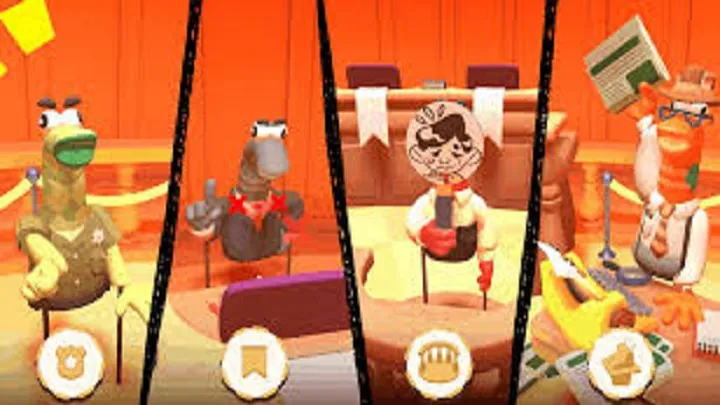
Some players report fatigue after 10–15 hours of gameplay, noting that without meaningful progression or fair systems, the game becomes little more than a joke machine. Others embrace it as a pick-up-and-play comedy title but not a long-term commitment.
Lessons for Comedy-Based Games
The fairness issue in Guilty as Sock! highlights a broader lesson: comedy games must still provide meaningful agency if they want to sustain player engagement. Pure chaos is funny at first, but without systems that respect player choice, the humor loses power.
H4: Key Lessons
- Balance randomness with some logic.
- Allow comedy without undermining agency.
- Provide optional “serious modes” for replayability.
Games like Untitled Goose Game succeed because they mix humor with player agency. Guilty as Sock! leans too far into chaos, limiting its depth.
Can Fairness and Comedy Coexist?
The big question is whether Guilty as Sock! could achieve both comedy and fairness without losing its charm. Potential solutions include:
- Optional Rule Settings: Let players toggle between absurd and semi-logical trials.
- Evidence Anchoring: Even nonsense evidence could have consistent outcomes if applied predictably.
- Multiple Endings per Verdict: Ensure decisions feel impactful even in absurd contexts.
These changes wouldn’t erase humor but would give players more control, making trials both funny and fair.

The Future of Absurd Trial Games
Guilty as Sock! sits at the forefront of a niche genre: absurd trial simulators. Its flaws and successes will influence future comedy-focused games. Developers experimenting in this space must decide whether to lean into chaos, balance it with logic, or create systems that adapt to player preference.
If fairness becomes an optional feature rather than an ignored one, games like Guilty as Sock! could evolve from funny novelties into lasting cult classics.
Conclusion
Guilty as Sock! is a brilliant parody, but its trial mechanics expose a core problem: fairness often collapses under the weight of absurdity. For some, this is exactly the point—the humor outweighs the logic, and laughter is victory enough. For others, the lack of meaningful choices makes the experience shallow over time. Ultimately, the game raises an important question about comedy-based design: should humor always dominate, or can it coexist with fairness? The answer may define not only Guilty as Sock!, but the future of comedy-driven gaming itself.


